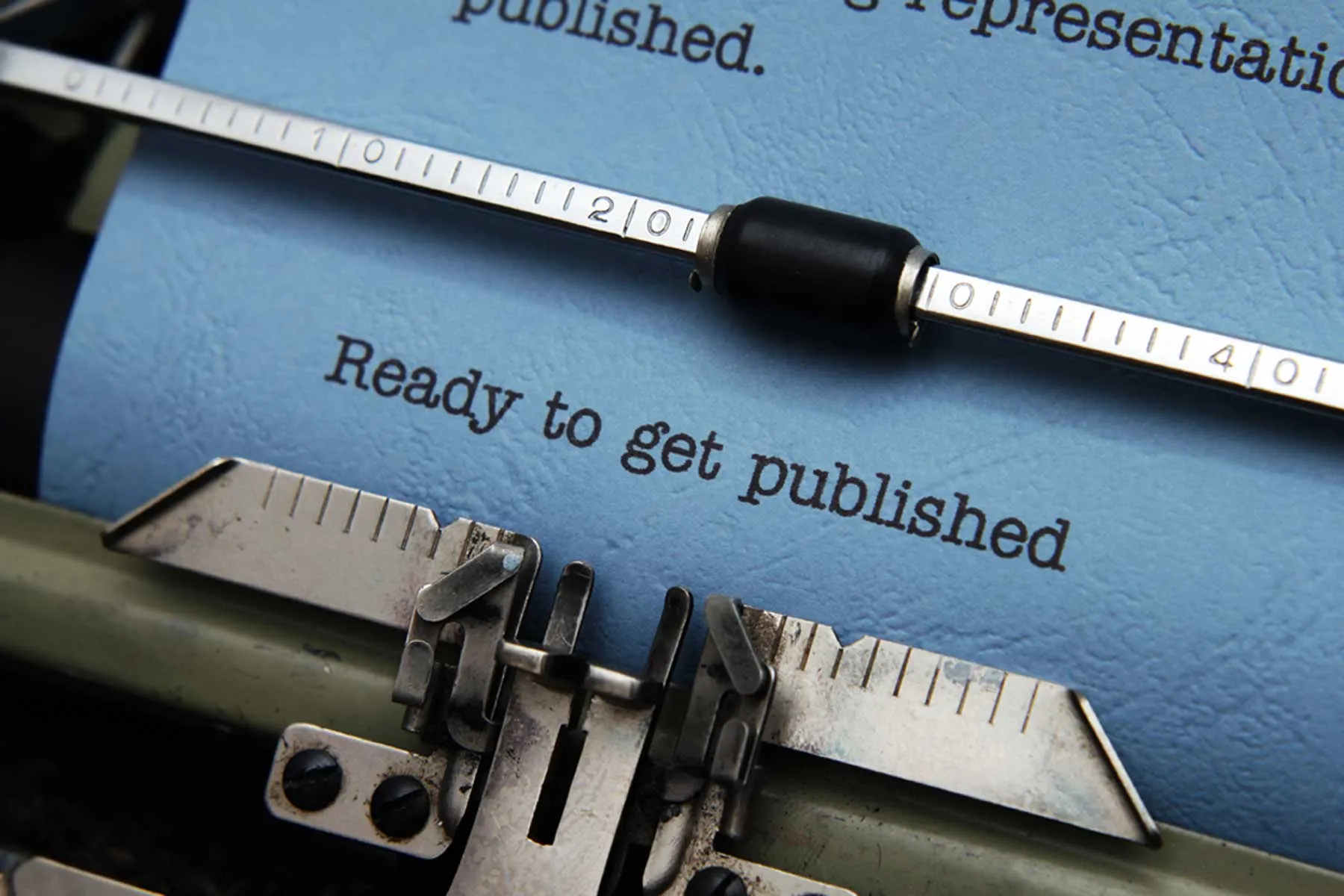How to Find the Right Publisher: Tips for Aspiring Authors
Finding the right publisher is a crucial step in your author journey, and the choice you make can significantly impact your book’s success. Whether you’re aiming for traditional publishing or exploring self-publishing, here are some tips to help you navigate the process and find the perfect fit.
- Know Your Publishing Options
Before approaching any publisher, it’s important to understand the various publishing paths available. The two primary options are traditional publishing and self-publishing.
- Traditional Publishing: This route involves submitting your manuscript to a publisher, usually through a literary agent. If accepted, the publisher covers editing, design, distribution, and marketing in exchange for a percentage of sales. Traditional publishing is highly competitive, but it offers credibility and industry connections. Penguin Random House, HarperCollins, and Simon & Schuster are among the top traditional publishers.
- Self-Publishing: With self-publishing, you have complete control but must handle the costs for editing, cover design, formatting, and marketing yourself. Companies like Amazon Kindle Direct Publishing (KDP) or IngramSpark provide platforms where authors can publish directly. This option provides higher royalty rates but requires a significant amount of self-promotion.
Understanding the pros and cons of each approach is key to determining which one aligns with your goals.
- Research Publishers in Your Genre
Not all publishers are the right fit for every genre. Some specialize in non-fiction, others in fantasy, romance, or children’s books. Narrowing down your list to publishers who focus on your genre increases your chances of success. If you’re writing a mystery novel, for instance, researching publishers like Minotaur Books or Crooked Lane Books—known for crime and mystery fiction—would be more effective than submitting to a generalist publisher.
- Check Submission Guidelines
Each publisher has specific submission guidelines that must be followed to the letter. Ignoring these can lead to an automatic rejection. These guidelines typically outline the format for your manuscript, what additional materials are needed (like a synopsis or query letter), and how to submit. Some publishers accept unsolicited manuscripts (without an agent), while others only work through agents. Following these guidelines carefully shows professionalism and increases the likelihood of a positive response.
- Understand Their Publishing Model
Not all publishers operate the same way. It’s important to understand how they manage royalties, rights, and distribution. Some publishers offer royalty-based contracts (paying you a percentage of sales), while others may offer upfront payments or advances. Clarify how royalties are calculated, what distribution channels they use (bookstores, online platforms), and whether they offer global or regional rights for your book.
Also, be wary of vanity presses—these are publishers that require authors to pay significant fees upfront for publishing services without much value in terms of distribution or marketing. True traditional publishers invest in your book, not the other way around.
- Assess Their Reputation
Not all publishers have a great track record, so researching their reputation is critical. Look for feedback from other authors about their experiences, and check the publisher’s catalog to see the success of their previous titles. Websites like Writer Beware provide insights into scams and disreputable publishers. Additionally, check the publisher’s ability to market and promote its titles effectively. Established publishers typically have established connections with booksellers, media outlets, and award committees—these relationships can make a big difference in your book’s success.
- Look for a Good Fit in Terms of Vision
A publisher should not only understand your genre but also share your vision for your book. During the submission process, you might get the chance to discuss marketing strategies, cover designs, and target audiences with potential publishers. Finding a publisher that aligns with your creative vision ensures a more collaborative and enjoyable working relationship.
- Consider Agent Representation
For many traditional publishers, having a literary agent is a must. Agents act as gatekeepers, filtering manuscripts for quality and marketability. More importantly, agents have established relationships with editors at major publishing houses, which can improve your chances of getting noticed. If you’re aiming for a big publisher, querying agents might be the best first step.
- Evaluate Contracts Carefully
Once you’ve found a publisher, evaluating the contract carefully is essential. You should understand what rights you are signing over, the duration of the contract, and the royalties you will receive. If legal language is confusing, consider hiring a literary attorney or agent to review the contract. Watch for any clauses that limit your creative control or unfairly lock you into a long-term agreement.
Finding the right publisher requires patience, research, and persistence. By understanding the various publishing models, researching publishers in your genre, and assessing their reputation, you’ll be well on your way to finding the perfect match for your manuscript. Whether you choose to pursue a traditional publishing deal or self-publish, remember that the key to success is preparation and aligning with a partner who shares your vision for your book.

